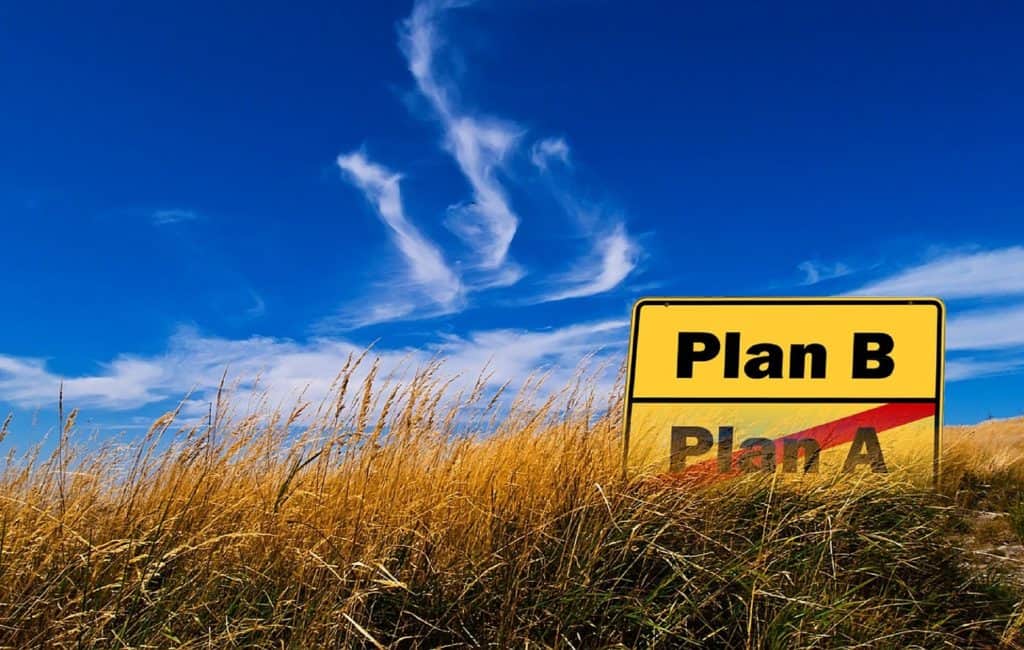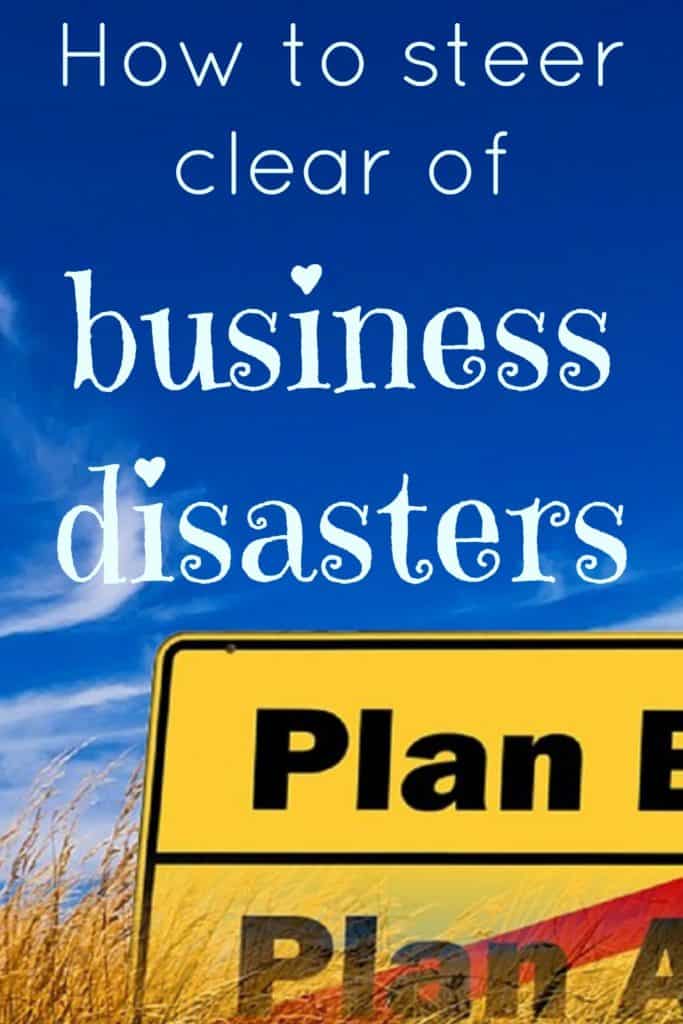When you’ve worked tirelessly to get a business off the ground, the last thing you want is for an unexpected disaster to ruin your plans.
In business, prevention is always better than cure, and while it’s not always possible to prevent problems, being prepared usually pays off.
If you’re keen to steer clear of trouble, here are some tips that may come in handy.
Technical hitches
If you read the papers or you check Twitter on a regular basis, you’re probably familiar with stories about technical hitches and glitches costing multinational companies a fortune.
It’s not just large corporations that lose out when technology doesn’t play ball. If you run a small or medium-sized company, even a minor hitch can make a massive dent in your finances and affect your reputation.
If you run an online shop, for example, you need to consider how you’re going to protect yourself against cybercrime, keep your customer’s data safe and ensure your site is up and running at all times. Or if the site crashes, this will prevent people placing orders, and it could mean that they choose a competitor over you.
Technical errors can also be a contributor to bad PR, especially for larger businesses, which have a high media profile. To prevent complex problems that could be incredibly costly, make sure you have IT support, and you invest in sophisticated software and data protection programs.
Delays
If you produce, supply, or deliver products, for example, delays can be costly. Consider the impact of your fleet being grounded by bad weather or an important delivery being delayed. as a result of running out of fuel.
You could have contingency plans, such as the ability to order emergency fuel from firms like New Era Fuels, and procedures in place to ensure that the day to day running of the business is as smooth as possible.
If there is a problem, it’s better to be able to resort to a plan that has already been formulated than to try and put something together at the last minute.

Natural disasters
Many businesses don’t have to give natural disasters a second thought which is great. However, if your geographical location puts you at risk, it’s wise to err on the side of caution and try and protect your business as best you can.
If you operate in an area prone to flooding, for example, consider adding flood defenses to the exterior of the building, and make sure you have an insurance policy that will cover you in the event of the premises or its contents being damaged by flood waters.
If you’re in business, your goal is to succeed and to do this, you often need to be able to overcome obstacles and bounce back when things don’t go right.
Even the most successful companies go through hard times. Prevention is better than cure, so if you can, take steps to prevent disasters before they happen. If you can’t, make sure you have an effective plan B to call on.
So there we go, now you have a few ideas to prevent business disasters.



